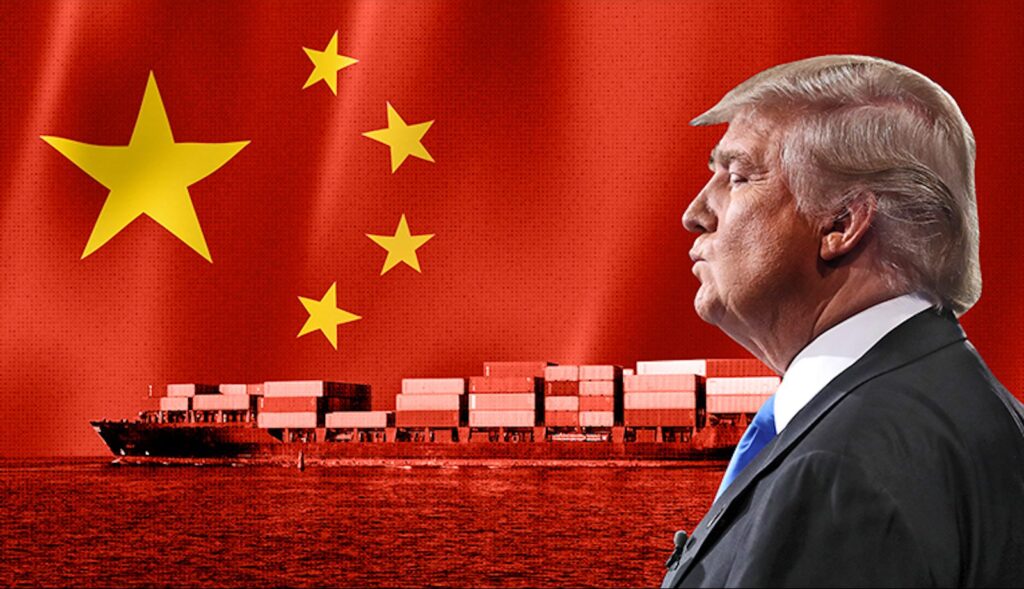The Trump administration is reportedly set to slash the 145% tariff on Chinese imports to 50-54% as early as next week, ahead of crucial trade talks in Switzerland, aiming to ease tensions and stabilize global trade.
By New Delhi Post
New Delhi: The Trump administration is contemplating a significant reduction in tariffs on Chinese goods, potentially lowering them from 145% to 50-54%, according to a May 9, 2025, report by The New York Post. This move aligns with upcoming trade negotiations in Switzerland between U.S. officials, including Treasury Secretary Scott Bessent, and their Chinese counterparts. The decision follows pressure from retail leaders like Walmart, Target, and Home Depot, who met with Trump on April 21, urging relief from the tariff burden that has disrupted supply chains and raised consumer prices.
Retail Sector’s Response: Retailers are cautiously optimistic but proactive, preparing for various tariff scenarios. Jay Foreman, CEO of Basic Fun, noted that a 54% tariff would raise the price of a Tonka truck from $29.99 to $49.99, which is manageable, but the current 145% rate could push it to $80, halting sales. Companies are adjusting by holding shipments, with Basic Fun storing seven containers to avoid the high levy. Noel Hacegaba from the Port of Long Beach emphasized the need for a clear signal from the talks to adjust supply routes, reflecting the industry’s anticipation of de-escalation in trade tensions.
Economic and Political Context: The proposed tariff cut comes amid heightened U.S.-China trade tensions, exacerbated by Trump’s 145% tariffs and China’s retaliatory 125% duties, which have been criticized as unsustainable by Bessent. Trump hinted at the reduction during a meeting with UK officials, stating, “It’s at 145 so we know it’s coming down.” However, the White House dismissed the reports as speculation, insisting that any decision would come directly from Trump. Economists warn that sustained high tariffs risk a global recession, with the IMF lowering its 2025 growth forecast to 2.8% due to trade disruptions.
Global Trade Implications: The Switzerland talks are seen as a critical step toward de-escalating the trade war, which has roiled global markets. A tariff reduction to 50-54% could alleviate pressure on U.S. consumers and retailers, while a parallel plan to lower tariffs on other Asian countries to 25% might encourage broader trade agreements. Retail expert Gerald Storch noted a slight relaxation in the industry’s push for domestic sourcing, reflecting hope for a more stable trade environment as the toy sector, heavily reliant on Chinese imports, awaits Trump’s final decision.
The potential tariff cut signals a pragmatic shift in Trump’s trade strategy, offering hope for U.S.-China relations. As the Switzerland talks loom, the world watches for a resolution that could reshape global trade dynamics.


